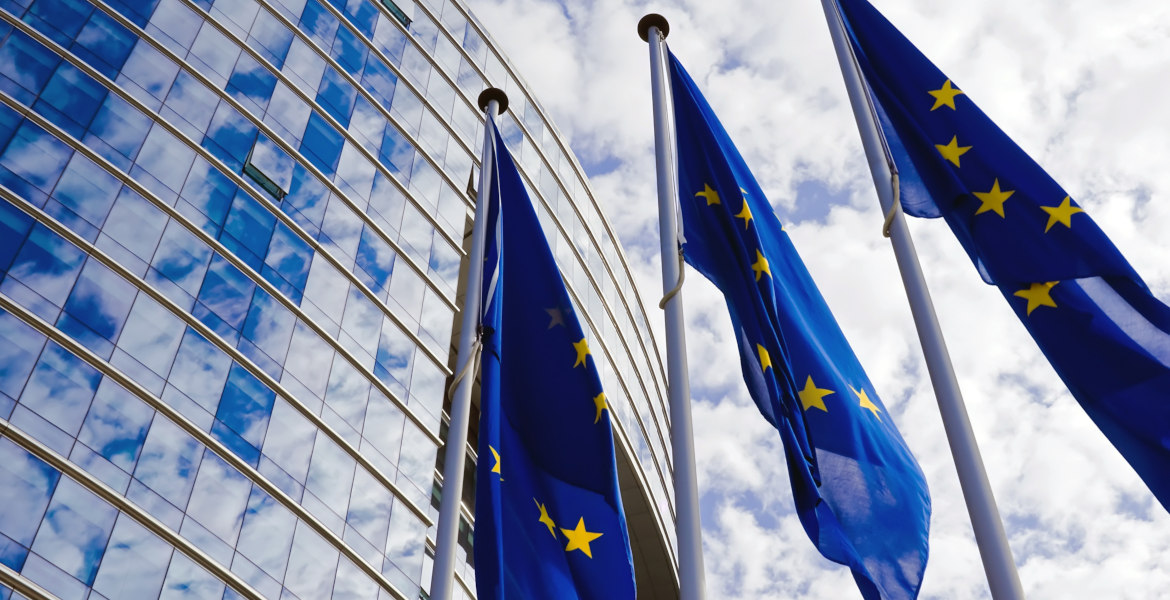Romanian President Klaus Iohannis announced on 10 February 2025 that he will step down from office, three months before a new presidential election is scheduled.
His departure follows a period of political turbulence, including threats of impeachment from opposition parties and criticism for remaining in office despite his term formally ending in December 2024.
Klaus Iohannis, who has been president since 2014, actually finished his second and final term on 21 December 2024. However, the December presidential election was annulled by Romania's Supreme Court over allegations of Russian interference and electoral fraud.
The first round had been unexpectedly won by independent candidate Calin Georgescu, however, the court ruled that the election should be re-run and asked Iohannis to stay on as interim president until the new elections, scheduled for May 2025.
The decision to remain in office was strongly criticized by opposition parties, especially by opposition groups such as the Alliance for Romanian Unity (AUR), which launched several attempts to impeach him, accusing him of illegitimately staying in power like a dictator. Widespread protests were also organized by these groups, which further increased the pressure on Iohannis to resign.
The usurper is finally gone.@KlausIohannis has just resigned from his office! The worst and most hated president in #Romania's history.
If he had not resigned, he would have been impeached by Parliament and thrown out.
Second round of the elections must be resumed urgently!— George Simion (@georgesimion) February 10, 2025
Favorite of EU leaders
During his 10 years as president, Klaus Iohannis has been a strong advocate of the EU and European integration. He has worked to strengthen Romania's role within the Union and pushed for its entry into the Schengen area. His pro-European stance and outspoken support for Ukraine have made him popular with other EU leaders, who have rallied behind him during the political crisis of recent months.
In his resignation speech, Iohannis stressed that he is stepping down to avoid a political crisis and prevent a polarizing impeachment process.
"To spare Romania from this crisis, I am resigning as president of Romania" he said.
His resignation means that Romania is now governed by an interim president until the new elections, the first round of which is scheduled for May 4 with a possible second round on May 18.




